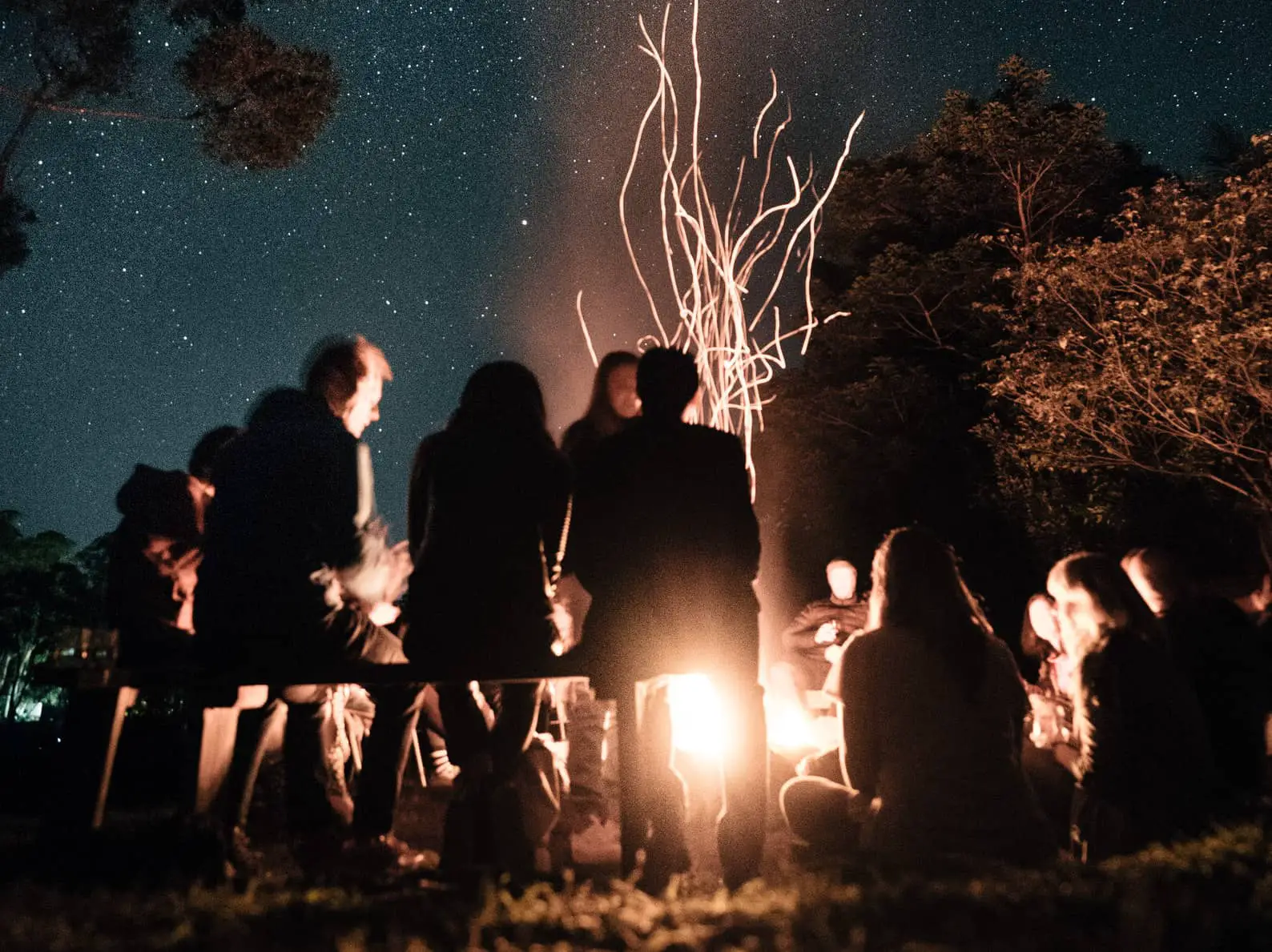Firefighters have teamed up with police and ambulance colleagues to say ‘stay safe’ this fireworks season.
With Bonfire Night just around the corner, many people will be looking forward to celebrating the return of organised events following cancellations in 2020 due to Covid-19.
How to protect yourselves and others from injury
Hampshire and Isle of Wight Fire and Rescue Service (HIWFRS) has joined forces with Hampshire Constabulary and South Central Ambulance Service (SCAS) to remind people how they can protect themselves and others from injury.
The Children’s Burns Trust says around 500 children are taken to A&E each year in the four weeks leading up to 5th November. And every call-out to a firework or bonfire incident has the potential to divert our crews away from other emergencies.
Amos: Always follow the firework code
Group Manager for Community Safety at HIWFRS, John Amos, said,
“We want to make sure everyone enjoys the festivities safely by reminding people across our communities to have fun, but always follow the firework code.
“Many organised fireworks displays are back on this year, and we would encourage people to enjoy these rather than holding their own, but if you are holding a home display, make safety your priority.
“Please talk to your children about the dangers fireworks pose to them and others. Fireworks are explosives and should always be kept away from children and pets and stored in a dry environment, away from any sources of heat or ignition.
“We urge you to avoid taking unnecessary risks and always follow the manufacturer’s instructions.”
Humphries: Show respect for your neighbours and those around you
Chief Inspector Dave Humphries from Hampshire Constabulary said,
“Please support us in ensuring that the communities of Hampshire and the Isle of Wight are safe this Bonfire Night.
“It has been another difficult year for everyone so please help your emergency services by showing respect for your neighbours and those around you, following the firework code and ensuring a safe night. Thank you for your support.”
O’Kennedy: Lifelong impact from burns
Paramedic Team Leader James O’Kennedy at SCAS said,
“The ambulance service and our emergency departments are currently under considerable pressure, so it’s important that anyone celebrating Bonfire Night does so safely.
“It is likely that many bonfire parties will be held this year to allow friends, families and neighbours to gather and celebrate after the challenges we have all faced during the past 18 months. However, it is important that anyone attending such an event takes steps to avoid causing themselves or others an avoidable injury.
“Following the firework code and attending one of the many professionally organised firework events is the safest way to enjoy bonfire night and will help to avoid putting additional strain on our health and emergency services.
“Burns sustained through the careless use of fireworks can lead to injuries that have a lifelong impact. If you, or someone you know, does sustain a burn it’s important to follow basic first aid advice. Remember ‘Cool, Call, Cover’.”
The firework code:
- Only buy fireworks from a licensed seller, keep them in a closed box and use them one at a time
- Read and follow the instructions on each firework, using a torch if needed
- Light the firework at arm’s length with a taper and stand well back
- Keep naked flames, including cigarettes, away from fireworks
- Never return to a firework once it has been lit
- Don’t put fireworks in pockets and never throw them
- Direct any rocket fireworks well away from spectators
- Never use paraffin or petrol on a bonfire
- Make sure that the fire is out, and surroundings are made safe before leaving
Burns advice:
If you or someone you know does suffer a burn:
- Move the casualty away from the fire.
- Cool the burn for at least twenty minutes under cold running water. This will help to reduce any pain and swelling.
- Once the burn has been cooled, cover it with clean cling film. This helps to reduce the risk of infection and helps to reduce the pain by stopping the cold air getting to the burn.
- Do not burst any blisters.
- If the burn is bigger than the casualty’s palm or is deep, call 999. You should also call 999 if the burns are on the casualty’s face, hands or feet.
- Treatment advice for minor burns can be accessed through the NHS 111 Service or through your local urgent treatment centre.
For more advice on how to stay safe whilst celebrating visit: hantsfire.gov.uk
News shared by Hampshire and Isle of Wight Fire and Rescue Service in their own words. Ed
Image: Kevin Wolf under CC BY 2.0





